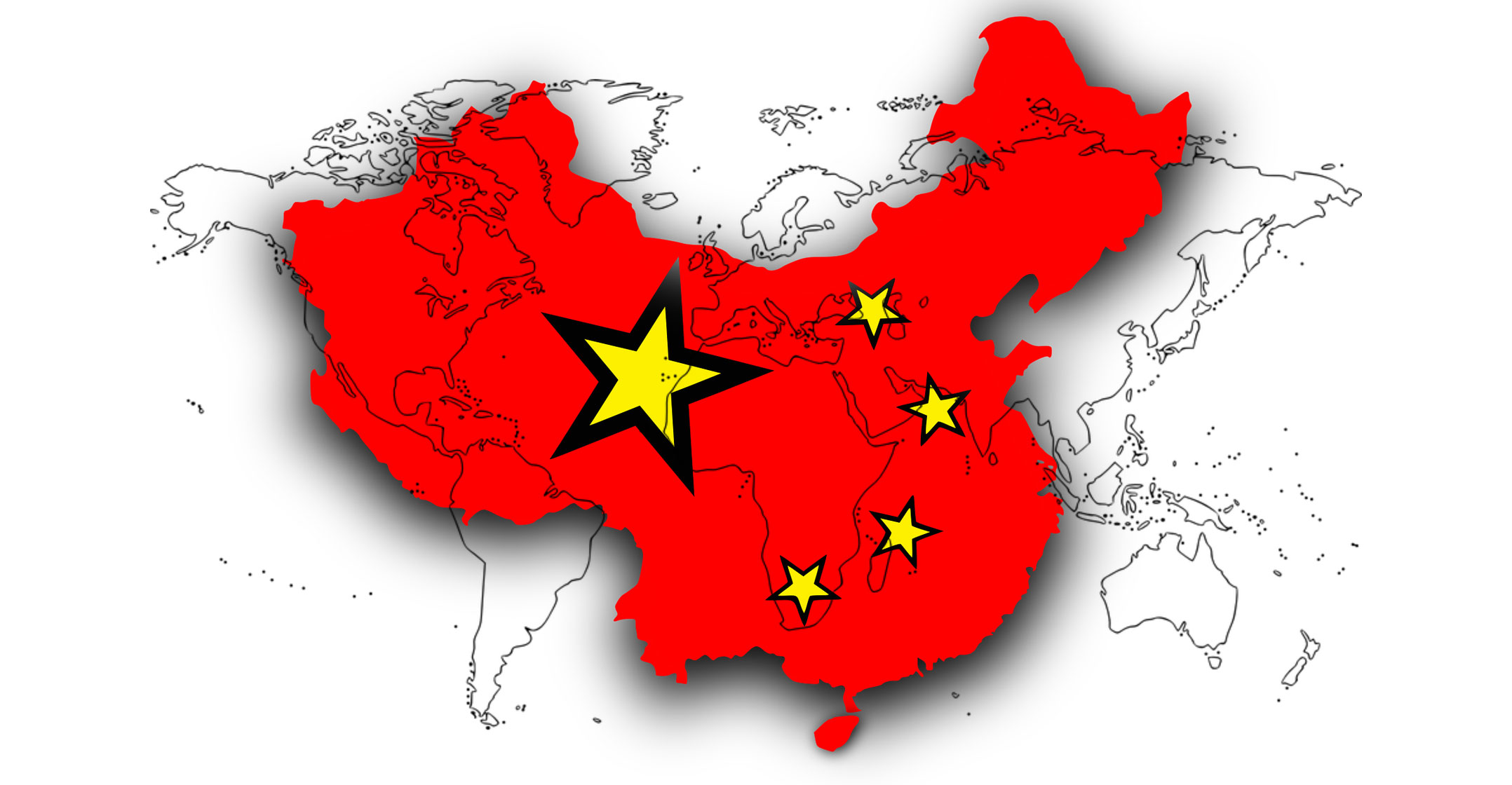 The People’s Bank of China is “close” to issuing its own cryptocurrency, according to a senior official.
The People’s Bank of China is “close” to issuing its own cryptocurrency, according to a senior official.
The bank’s researchers have been working intensively since last year to develop systems, and the cryptocurrency is “close to being out”, Mu Changchun, deputy director of the PBOC’s payments department, said at an event held by China Finance 40 Forum over the weekend in Yichun, Heilongjiang. He didn’t give specifics on the timing.
Mu repeated the PBOC’s intention that the digital currency would replace M0, or cash in circulation, rather than M2, which would generate credit and impact monetary policy. The digital currency would also support the yuan’s circulation and internationalisation, he said.
The remarks signal the PBOC is inching toward formally introducing a digital currency of its own after five years of research. Facebook’s push to create cryptocurrency libra has caused concerns among global central banks, including the PBOC, which said the digital asset must be put under central bank oversight to prevent potential foreign exchange risks and protect the authority of monetary policy.
“Libra must be seen as a foreign currency and be put under China’s framework of forex management,” Sun Tianqi, an official from China’s State Administration of Foreign Exchange, said at the forum.
Unlike decentralised blockchain-based offerings, the PBOC’s currency is intended to give Beijing more control over its financial system.
Mobile wallet
According to patents registered by the central bank, consumers and businesses would download a mobile wallet and swap their yuan for the digital money, which they could use to make and receive payments. Crucially, the PBOC could also track every time money changes hands.
The central bank will “expedite the research of China’s legal digital tender” and monitor the trends of virtual currency development overseas and at home, the PBOC said in a statement listing its work plan for the second half of 2019 released in early August.
“It is without doubt that with the announcement of libra, governments, regulators and central banks around the world have had to expedite their plans and approach to digital assets,” said Dave Chapman, executive director at BC Technology Group. They have to consider the possibility that non-government issued currencies could “dramatically” disrupt finance and payments, Chapman said. — Reported with assistance from Eric Lam, (c) 2019 Bloomberg LP




